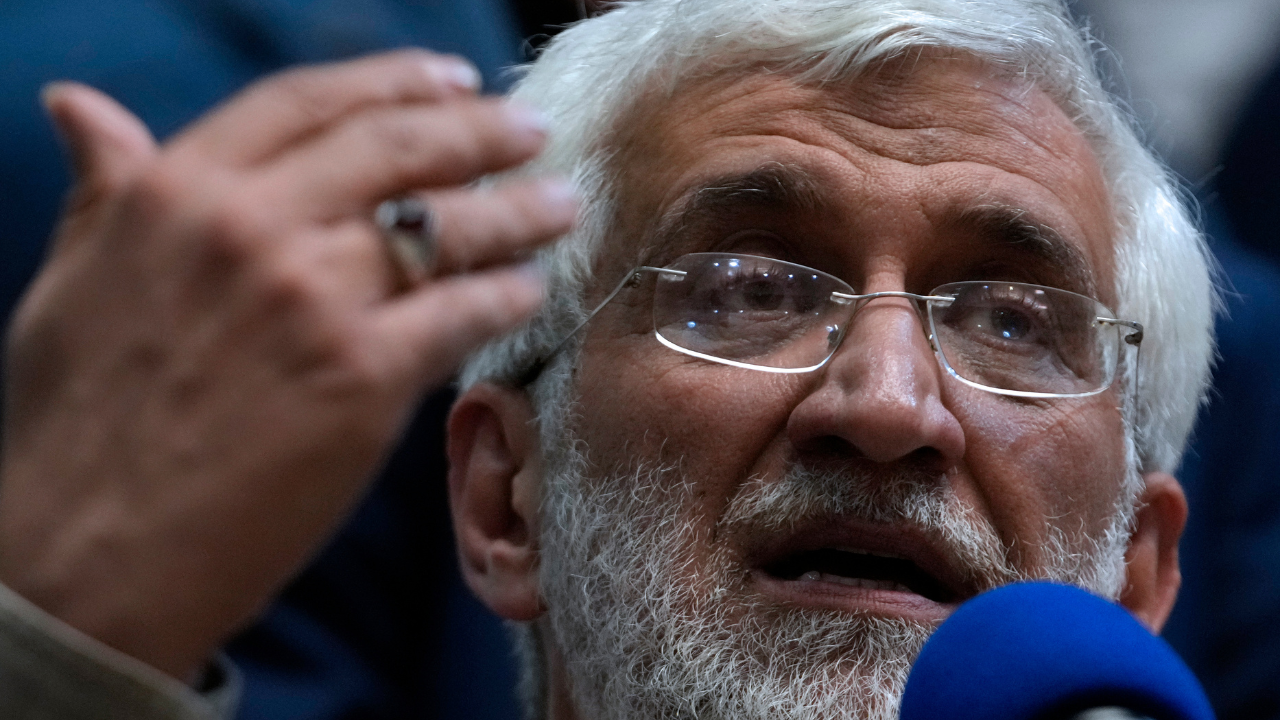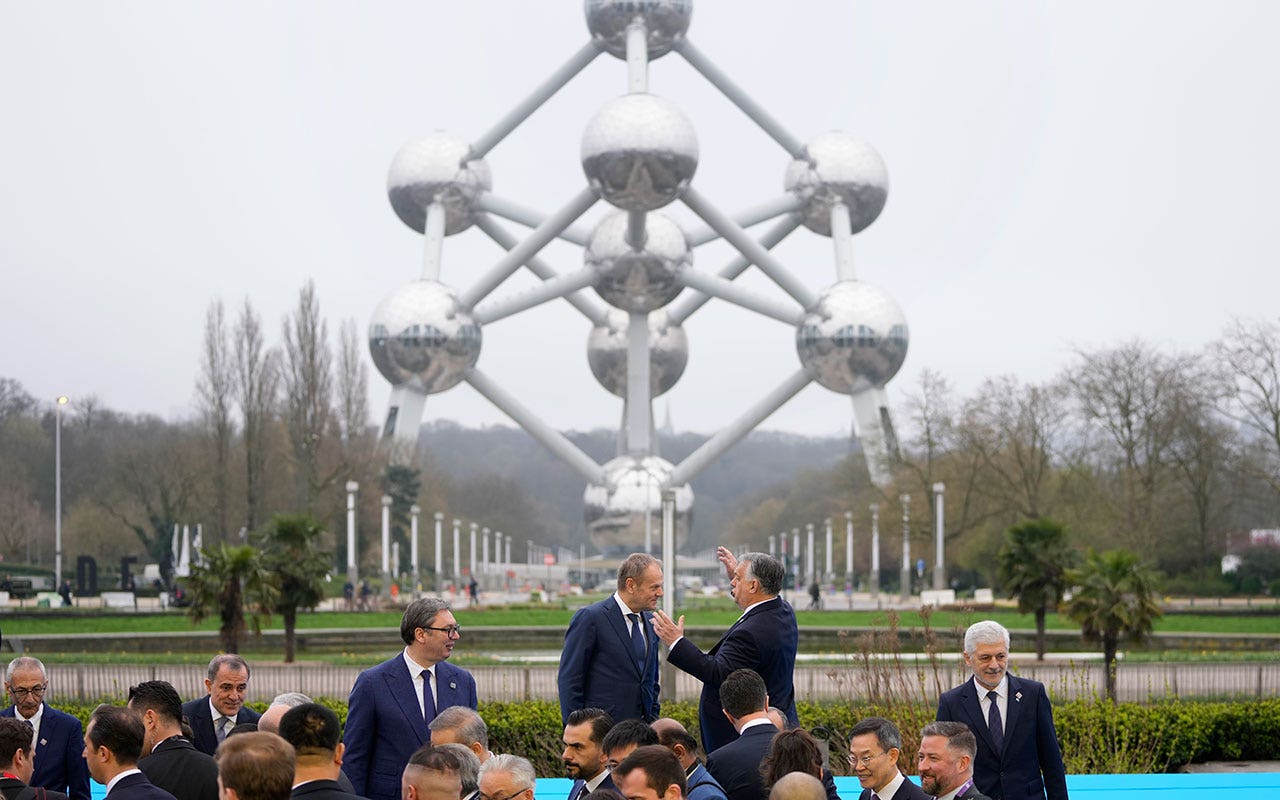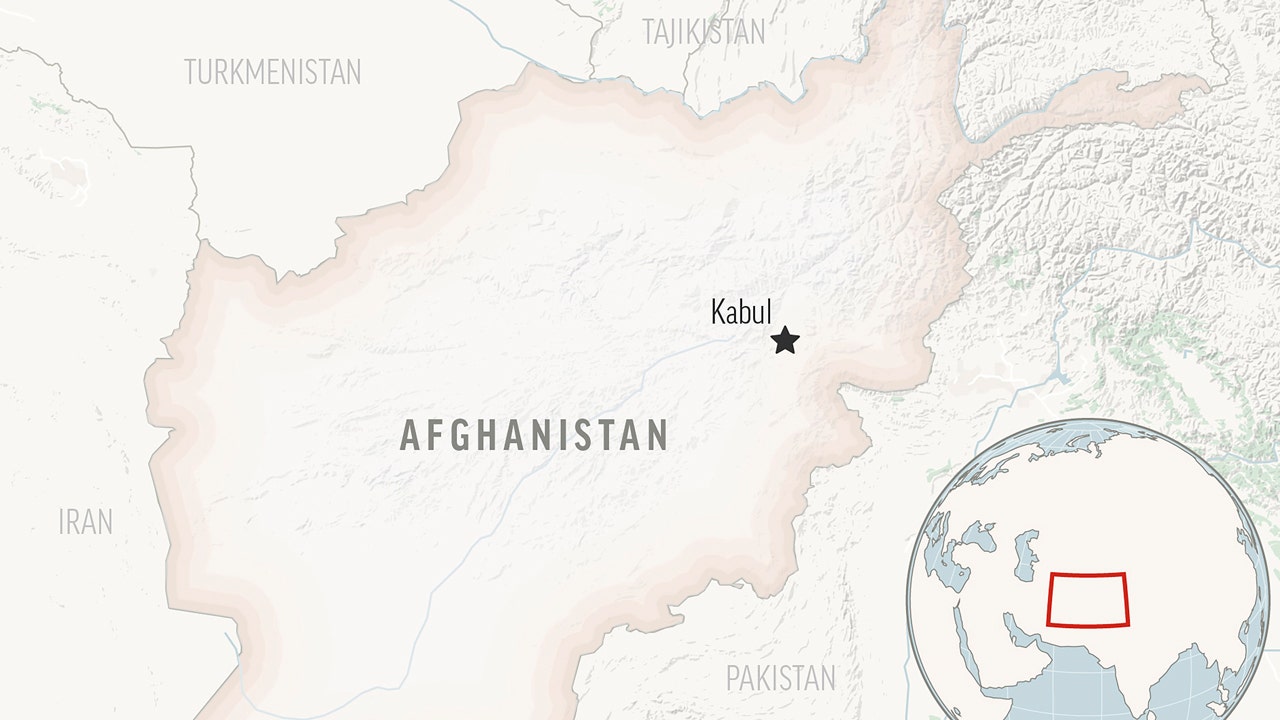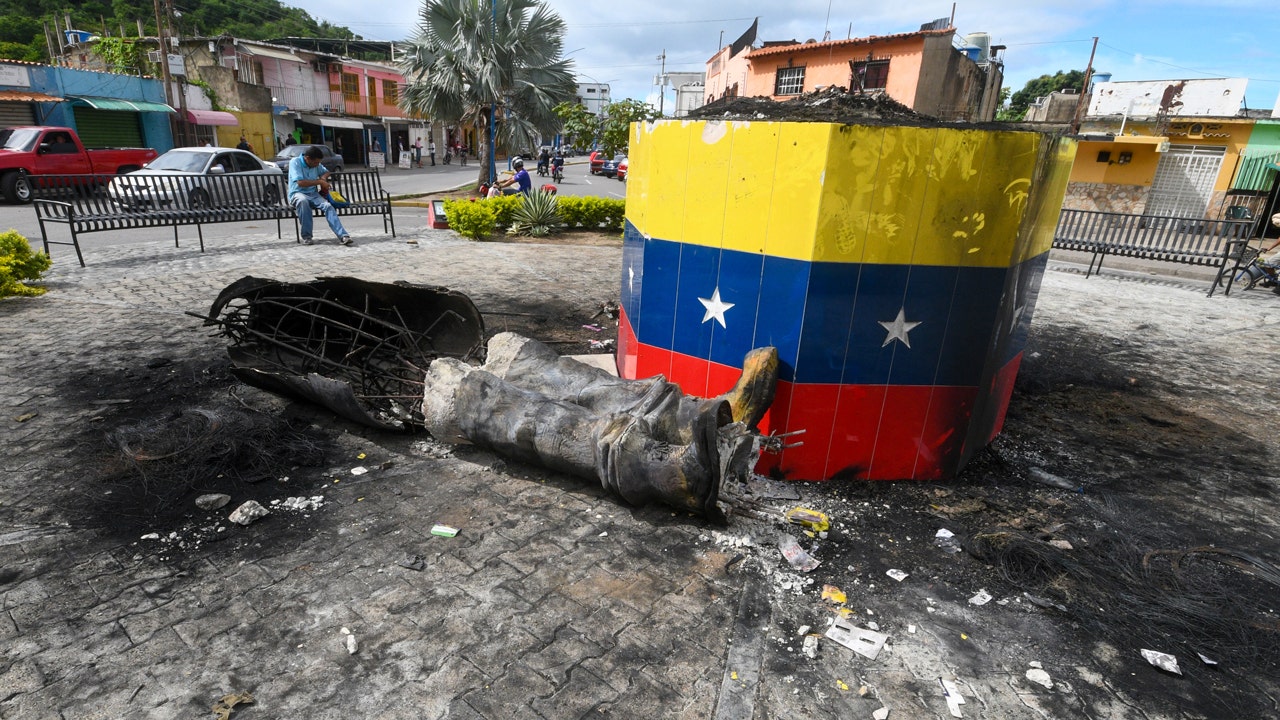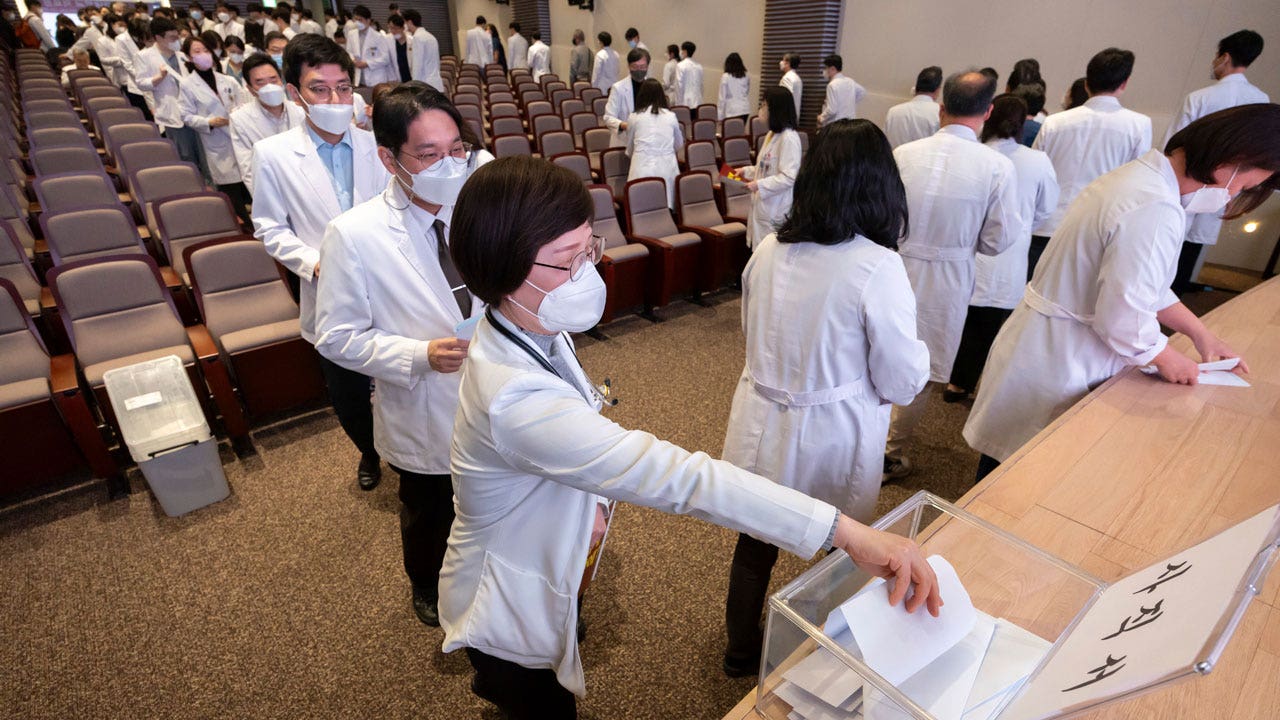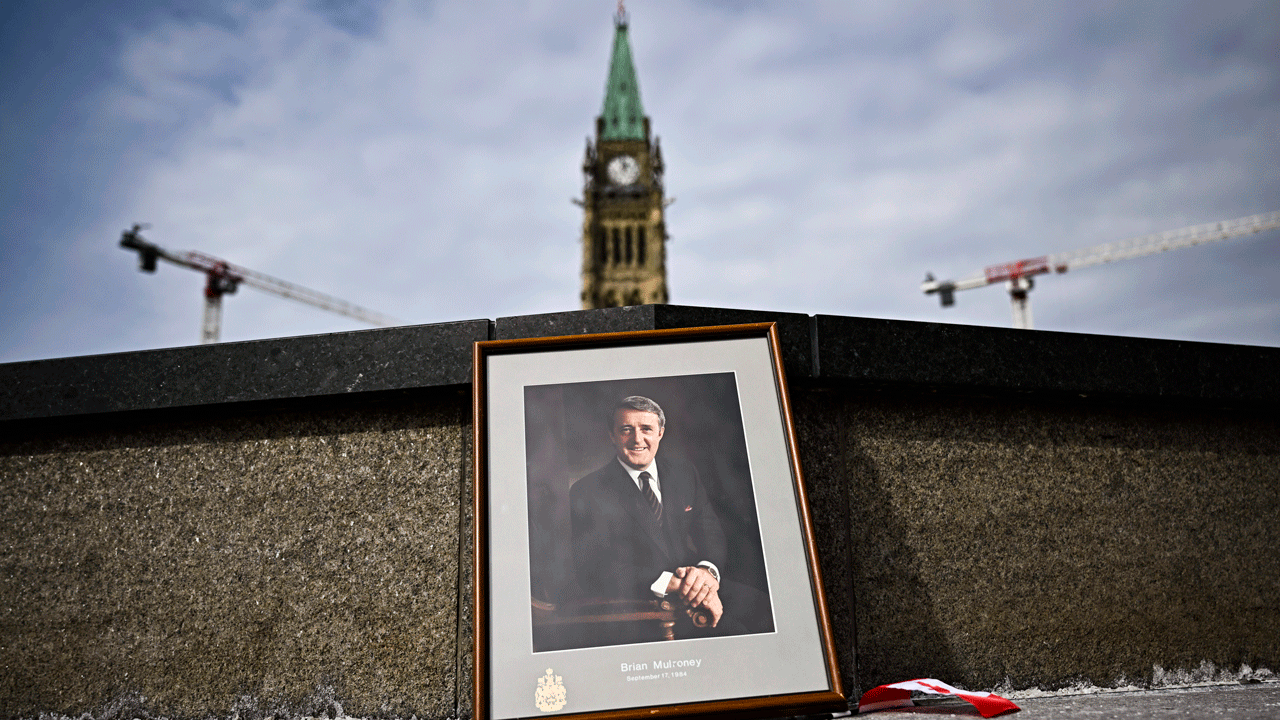- Iran is facing a runoff election with historically low voter turnout of 39.9% amid economic hardship and social unrest.
- More than 1 million ballots have been rejected across the Middle Eastern country.
- The runoff features Saeed Jalili, a hard-line former nuclear negotiator, and Masoud Pezeshkian, a reformist heart surgeon.
Over 20 years ago, Iran’s Supreme Leader Ayatollah Ali Khamenei stood before a crowd at Friday prayers to denounce the United States for its disenchanted electorate.
“It is disgraceful for a nation to have a 35% or 40% voter turnout, as happens in some of the nations that you see having presidential elections,” Khamenei said in 2001. “It is obvious that their people do not trust their political system, that they do not care about it and that they have no hope.”
Iran now faces what the ayatollah described.
IRAN INCREASES URANIUM ENRICHED TO NEAR WEAPONS-GRADE LEVELS, SEEKS TO HAVE SANCTIONS LIFTED: WATCHDOG
Iran will hold a runoff presidential election Friday, only its second since the 1979 Islamic Revolution, after only 39.9% of its voting public cast a ballot the previous week. Of over 24.5 million votes, more than 1 million ballots were later rejected — typically a sign of people feeling obligated to head to the polls but wanting to reject all the candidates.
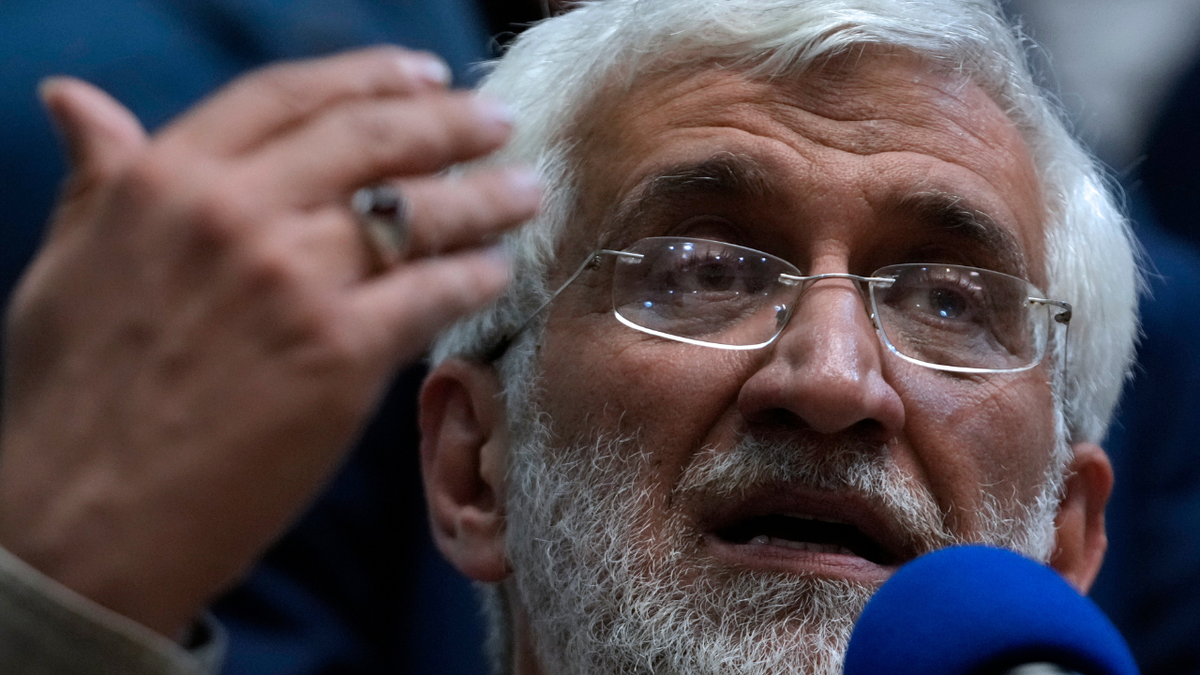
Iranian presidential candidate Saeed Jalili, a hard-line former nuclear negotiator, speaks to a group of athlete supporters during a campaign stop at a sports hall in Tehran, Iran, on June 30, 2024. (AP Photo/Vahid Salemi)
Meanwhile, public rage simmers after years of Iran’s economy cratering to new lows, along with bloody crackdowns on dissent, including over the mass protests sparked by the 2022 death of Mahsa Amini after her detention by the country’s morality police allegedly over not wearing her headscarf to their liking. Tensions with the West remain high as Iran enriches uranium closer than ever to weapons-grade levels.
Now, hard-line former nuclear negotiator Saeed Jalili faces the reformist Masoud Pezeshkian, a heart surgeon who likely needs a widespread turnout to win the presidency. Pezeshkian’s supporters warn of dark days ahead under Jalili. Meanwhile, many people are unconvinced that their vote even matters.
“I did not vote and I will not, since nobody apologized because of Mahsa and later miseries that young people face, neither the reformists nor the hard-liners,” said Leila Seyyedi, a 23-year-old university student studying graphic design.
‘BUTCHER OF TEHRAN’ DEAD BUT RAISI’S LEGACY CONTINUES AS IRAN APPOINTS ACTING PRESIDENT
Iranian election law requires a candidate to get over 50% of the vote to avoid a runoff. In results released Saturday, Pezeshkian got 10.4 million votes while Jalili received 9.4 million. Parliament speaker Mohammad Bagher Qalibaf came in third with 3.3 million, while Shiite cleric Mostafa Pourmohammadi had over 206,000.
Most voters for Qalibaf, a former general in Iran’s paramilitary Revolutionary Guard and national police chief known for his crackdowns against students and for corruption allegations, likely will break for Jalili after Qalibaf endorsed him, analysts say. That has put Jalili, a 58-year-old known as the “Living Martyr” for losing a leg in the 1980s Iran-Iraq war, in the lead position for the runoff.
But his recalcitrant reputation among Western diplomats during negotiations over Iran’s nuclear program is paired with concern at home over his views. One politician who has aligned himself with the moderates, former Iranian Information and Communications Technology Minister Mohammad Javad Azari Jahromi, put the choice between Jalili and Pezeshkian more starkly.
“We will not let Iran fall into the hands of the Taliban,” he wrote on social platform X.
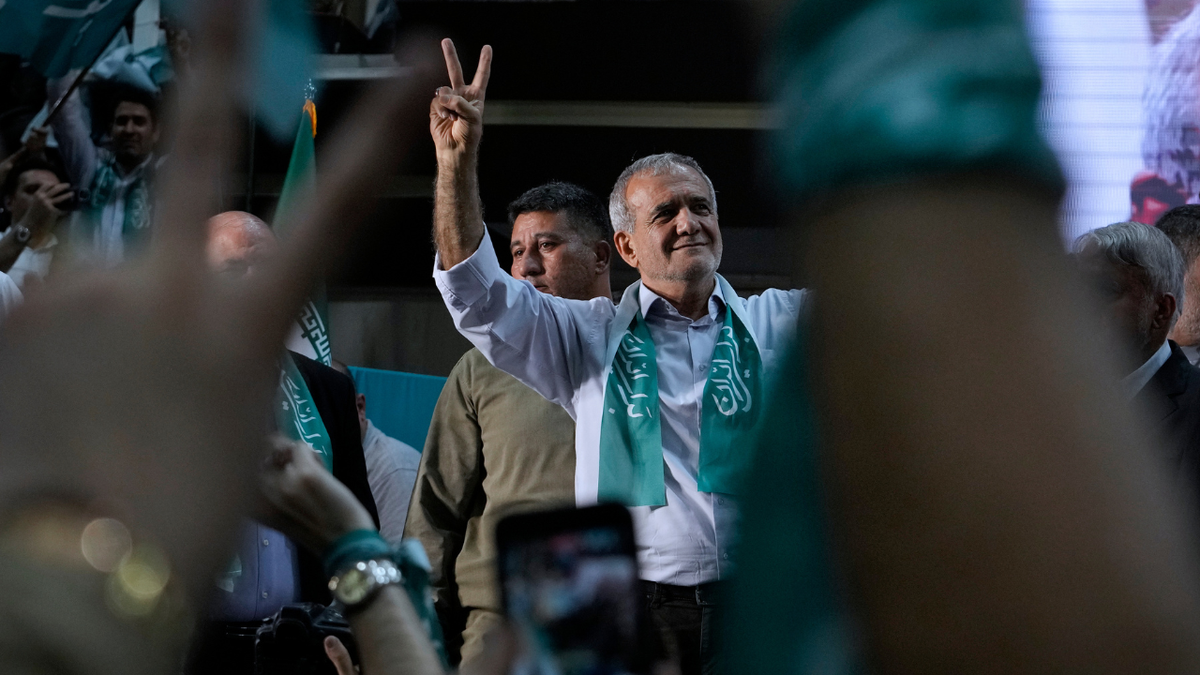
Iranian presidential candidate Masoud Pezeshkian and his supporters flash the victory sign during a campaign stop in Tehran, Iran, on June 23, 2024. (AP Photo/Vahid Salemi)
But even such dark warnings seemingly failed to have an effect. On the streets of Tehran after the June 28 vote, many told The Associated Press they didn’t care about the election.
“I did not vote, as former presidents failed to realize their promises,” said Ahmad Taheri, a 27-year-old psychology student. “I will not vote this coming Friday either.”
Mohammad Ali Robati, a 43-year-old electronic engineer and a father of two, said Iranian officials’ apparent indifference to people’s economic pressures caused him not to vote.
“After years of economic difficulties, I have no interest in politics,” Robati said, though he held out the possibility of voting Friday.
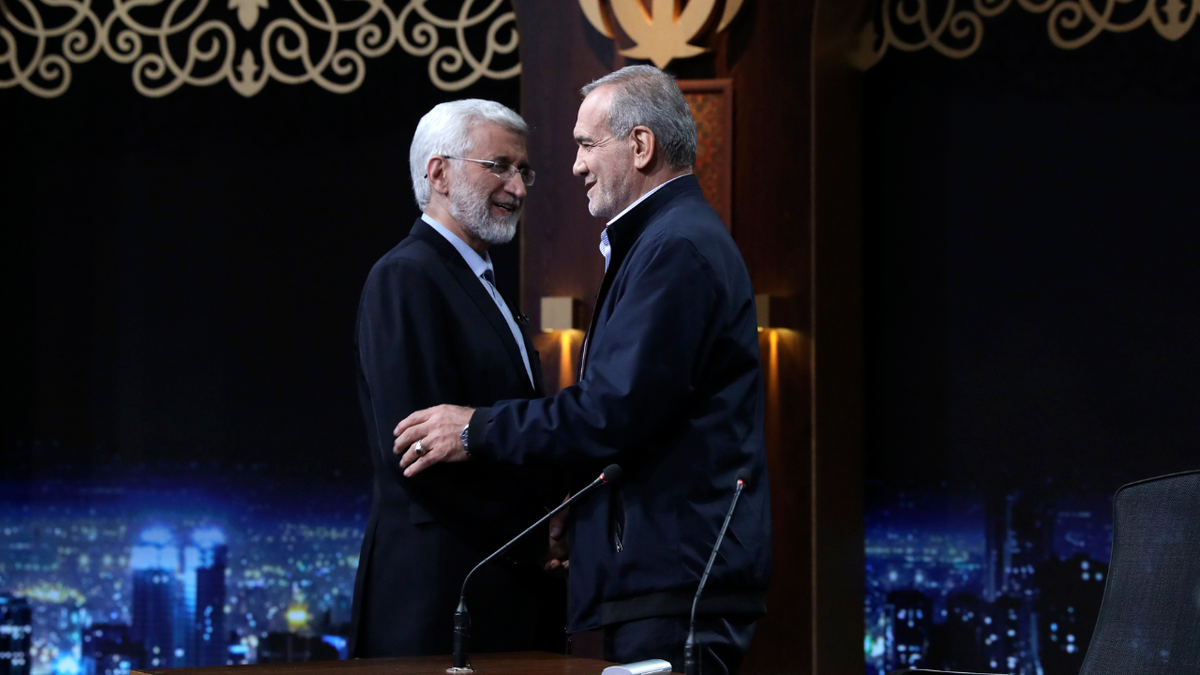
In this photo made available by Iranian state-run TV, IRIB, Iranian presidential candidate Saeed Jalili, left, a hard-line former nuclear negotiator, and reformist candidate Masoud Pezeshkian greet one another at the conclusion of a debate at the TV studio in Tehran, Iran, on June 1, 2024. (Morteza Fakhri Nezhad/IRIB via AP)
At the time of Iran’s 2015 nuclear deal with world powers, the exchange rate for Iran’s currency was 32,000 rials to $1. Today, it’s 617,000 rials to $1 — and many have found the value of their bank accounts, retirement funds and other holdings gouged by years of depreciation. It’s nearing its record low of 700,000 rials, briefly reached after Iran’s unprecedented direct attack on Israel in April.
Meanwhile, anger over Amini’s death in September 2022 persists. Her death, in which United Nations investigators said Iran’s government was responsible for the “physical violence” that led to it, sparked months of protests and a security crackdown that killed more than 500 people and saw over 22,000 detained. Less than two years later, hard-liners within Iran’s theocracy have pressed forward with a renewed hijab crackdown.
“The voter participation levels and blank ballots represented a repudiation of regime policies, particularly its crackdown on critics and women who refuse to comply with laws requiring full head covering,” the New York-based Soufan Center think tank said in an analysis Monday.
CLICK HERE TO GET THE FOX NEWS APP
Pezeshkian has written on X that his government would resist the police enforcement of the hijab along with restrictions on the internet. However, Tahereh Namazi, a 31-year-old mathematics teacher, said she didn’t vote because neither candidate made a clear pledge on those issues.
Those who didn’t vote and spoke to the AP described their decision as their own, not part of an organized boycott.
Whether voters heed Pezeshkian on Friday remains in question. In recent days, he has repeatedly cited the story of the “selfless farmer,” a tale told to nearly every Iranian child at school about a farmer in 1961 who stripped off his own shirt and set it ablaze to warn a train about boulders blocking the tracks.
Those not taking part in the election believe the train has already crashed.
